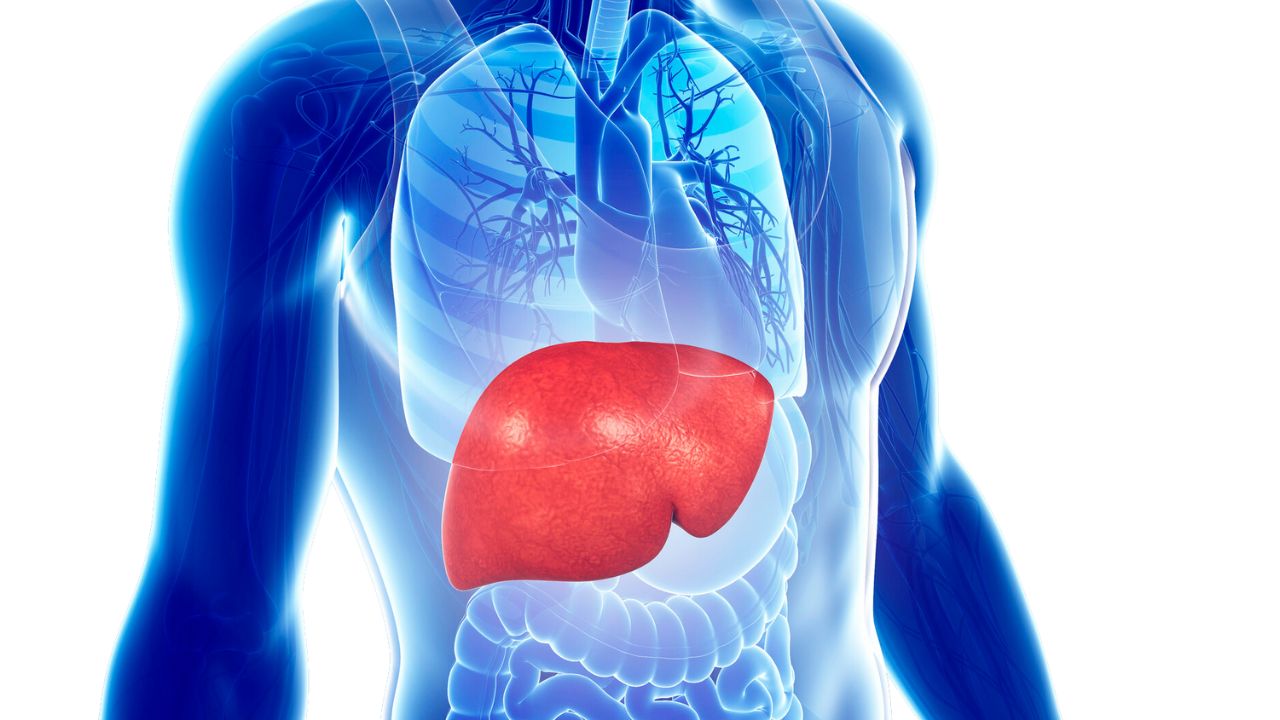
Liver Transplant in India: An Overview
Liver transplantation is a crucial medical procedure that has gained prominence in India due to its effectiveness and affordability. The cost of a liver transplant in India ranges from USD 25,500 to USD 33,236, making it a cost-effective option compared to similar procedures in other countries. Indian liver transplant institutions offer high-quality care, equipped with advanced technology, medications, and a skilled medical team, ensuring successful outcomes for patients.
What Is a Liver Transplant?
A liver transplant is a surgical procedure that involves the removal of a failing liver and replacing it with a healthy liver from a donor. This operation is essential for patients suffering from end-stage chronic liver disease or acute liver failure. The growing demand for liver transplants often exceeds the availability of deceased donors, leading to the need for alternatives. In such cases, living donor liver transplantation is a viable option, as the human liver can regenerate quickly after the removal of a portion.
Functions of the Liver
The liver, weighing approximately 1,500 grams, is the largest internal organ in the body, located on the right side of the abdomen. It plays several vital roles, including:
- Detoxification: Cleansing the blood of toxins and bacteria.
- Metabolism: Processing food, drugs, and hormones.
- Immune Response: Regulating the body’s immune reactions.
- Protein Production: Creating proteins necessary for blood clotting.
- Bile Production: Generating bile, which aids in the absorption of fats and fat-soluble vitamins.
- Nutrient Storage: Preserving essential nutrients, carbohydrates, fats, and vitamins for the body’s use.
Reasons for Needing a Liver Transplant
Several medical conditions can lead to the necessity of a liver transplant, including:
- Alcoholic Cirrhosis: Liver damage caused by excessive alcohol consumption.
- Liver Cancers: Such as hepatocellular carcinoma, hepatoblastoma, and cholangiocarcinoma.
- Chronic Hepatitis B or C: Long-term viral infections that can severely damage the liver.
- Primary Biliary Cholangitis: An autoimmune disorder affecting the bile ducts.
- Metabolic Liver Diseases: Conditions like Wilson’s disease, which lead to liver failure.
Criteria for a Liver Donor
Finding a suitable liver donor is crucial for the success of the transplant. Ideal living donors typically include:
- Biological Siblings: Often the best match due to genetic compatibility.
- Blood Type Compatibility: The donor must have the same blood type as the recipient.
- Health Status: Donors should be in good physical and mental health.
- Age Range: Donors must be between 18 and 50 years old.
- Weight Considerations: Donors should not be overweight or suffer from fatty liver disease.
Conclusion
Liver transplantation in India is a life-saving procedure that provides hope to many patients suffering from liver diseases. With a reasonable cost and access to advanced medical facilities, patients can receive high-quality care. Understanding the liver’s functions and the conditions that necessitate a transplant can help individuals make informed decisions about their health. Whether considering a living donation or undergoing a transplant, the process is supported by experienced medical professionals dedicated to achieving successful outcomes.
For those seeking liver transplant options in India, it’s essential to consult with experienced hepatologists and transplant surgeons who can provide personalized care and guidance throughout the journey.




